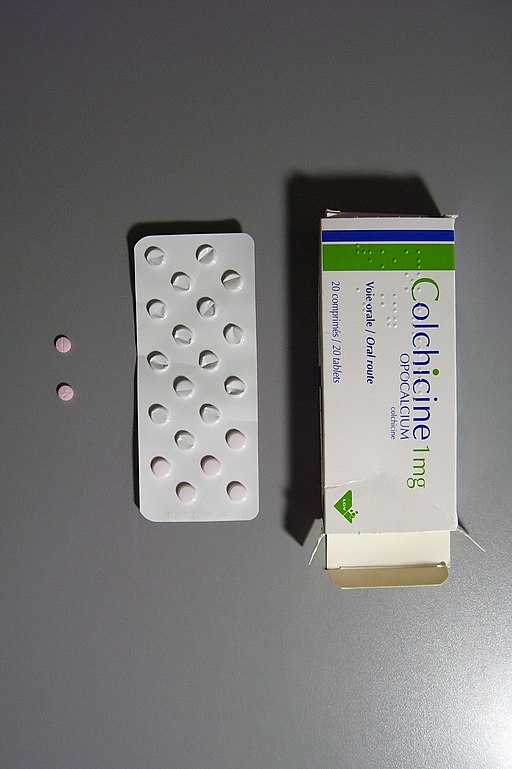The RECOVERY Trial, the world’s largest randomised trial of potential COVID-19 treatments, has found no evidence that that the drug colchicine has any meaningful clinical benefits for patients hospitalised with COVID-19.

Colchicine is used to treat inflammation and pain in conditions such as gout. Because of its anti-inflammatory qualities, it had been proposed as a potential treatment for COVID-19.
However, in a paper published on the pre-print server medRxiv, the Oxford-led team said that the drug had resulted in no significant reduction in 28-day mortality, duration of hospital stay, or risk of progressing to invasive mechanical ventilation or death.
A total of 11,340 patients hospitalised with COVID-19 were randomised to the colchicine arm of the trial.
The RECOVERY trial’s Joint Chief Investigator, Prof Martin Landray of the University of Oxford’s Nuffield Department of Population Health and the NIHR Oxford BRC’s Theme Lead for Clinical Informatics and Big Data, said: “Like every drug we’ve studied, there were sound reasons for thinking colchicine might work – we all hoped it would. So we did the trial and found out that colchicine doesn’t work, so it won’t be used. This is how we find better treatments. This is how we found that dexamethasone and tocilizumab save lives. This is how we reduce the devastation caused by COVID-19.
“As always, huge thanks to everyone involved: doctors, nurses, pharmacists, other healthcare professionals, research staff and so many more. But most especially to the thousands of patients who have taken part,” he added. The trial has recruited almost 40,000 participants across 181 NHS sites.
The trial has found two drugs – the steroid dexamethasone and tocilizumab, an intravenous drug used to treat rheumatoid arthritis – which do reduce the risk of death when given to patients hospitalised with severe COVID-19.
The trial has also announced results showing that the drugs hydroxychloroquine, lopinavir-ritonavir and azithromycin, as well as convalescent plasma have no benefits for patients hospitalised with COVID-19.
Among the potential treatments the trial is still studying are:
- Regeneron’s antibody cocktail (a combination of monoclonal antibodies directed against coronavirus)
- Baricitinib (an immunomodulatory drug used in rheumatoid arthritis)
- Dimethyl fumarate (an immunomodulatory drug used in psoriasis and multiple sclerosis).